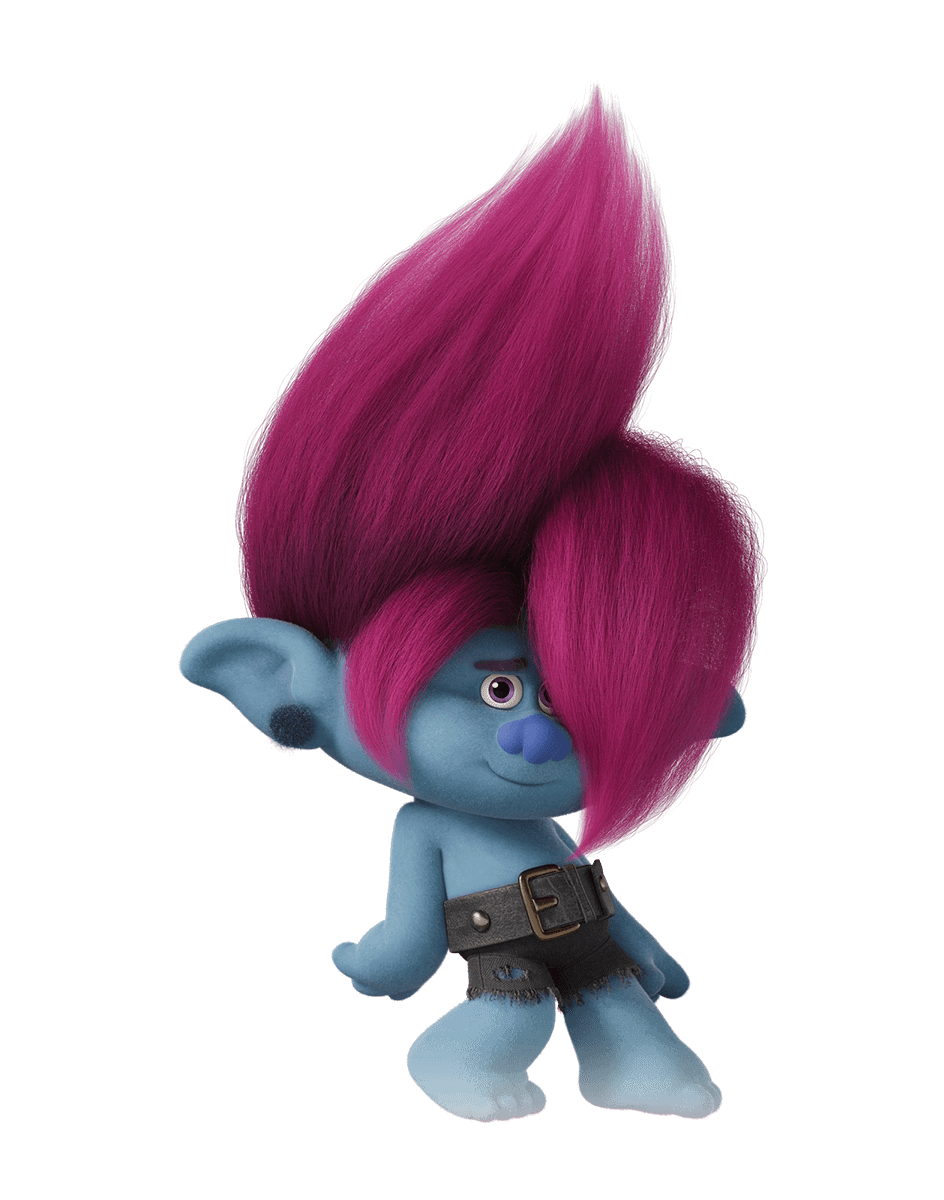Floyd trolls have become a significant part of online culture, captivating audiences with their unique blend of humor and absurdity. These internet phenomena are characterized by their playful and often nonsensical nature, challenging traditional forms of comedy. As social media platforms continue to evolve, so does the way we perceive and interact with humor, making it essential to understand the roots and implications of such trends.
The emergence of Floyd trolls can be traced back to various online communities where users share memes, jokes, and satirical content. This article delves into the essence of Floyd trolls, exploring their characteristics, cultural impact, and how they reflect broader societal trends. By the end of this piece, readers will gain a comprehensive understanding of why Floyd trolls have become so popular and what they signify in the digital age.
In this article, we will cover the following key points: the definition and origin of Floyd trolls, their cultural significance, the types of humor they represent, and their impact on online discourse. Additionally, we will examine the psychology behind why people engage with such content and what it says about our collective sense of humor.
Table of Contents
- Definition and Origin of Floyd Trolls
- Cultural Significance of Floyd Trolls
- Types of Humor Represented by Floyd Trolls
- Impact on Online Discourse
- The Psychology Behind Engaging with Floyd Trolls
- Conclusion
- Sources
Definition and Origin of Floyd Trolls
Floyd trolls are a specific type of internet meme that combines absurdity with a playful critique of social norms. Often associated with humor that is both surreal and satirical, Floyd trolls challenge users to rethink their understanding of comedy. The term "Floyd" itself is derived from a specific instance or character that embodies this style of trolling.
The origin of Floyd trolls can be traced back to early internet forums and social media platforms, where users began to create content that intentionally subverted expectations. This included the use of absurd images, nonsensical captions, and unexpected punchlines that left audiences both confused and amused.
Key Characteristics of Floyd Trolls
- Absurdity: Embracing the nonsensical and unpredictable.
- Playfulness: Engaging audiences in a light-hearted manner.
- Satirical Elements: Providing commentary on social norms and behaviors.
Cultural Significance of Floyd Trolls
The rise of Floyd trolls is emblematic of a broader shift in internet culture, where humor has become more inclusive and diverse. These trolls serve as a reflection of the times, often addressing contemporary issues through the lens of comedy.
Moreover, Floyd trolls have found a significant place in meme culture, influencing how humor is shared and consumed online. They often challenge traditional comedic structures, allowing for a more democratic form of humor where anyone can create and share content.
Influence on Social Media Trends
- Increased engagement through shareable content.
- Encouragement of user-generated humor.
- Shaping the narrative of online interactions.
Types of Humor Represented by Floyd Trolls
Floyd trolls encompass various types of humor that resonate with different audiences. Some of the most prominent forms include:
1. Absurdist Humor
This type of humor relies on the bizarre and illogical, often leading audiences to question reality. Floyd trolls exemplify absurdist humor through their surreal scenarios and unexpected twists.
2. Satire and Parody
Floyd trolls frequently employ satire to critique societal norms, political issues, and cultural phenomena. By exaggerating certain traits or behaviors, they encourage audiences to reflect on their own perspectives.
3. Dark Humor
Some Floyd trolls venture into darker territory, using humor to address taboo subjects in a way that can be both shocking and thought-provoking. This form of humor often invites debate and discussion among audiences.
Impact on Online Discourse
The presence of Floyd trolls in online spaces has significant implications for discourse. They can serve as a catalyst for conversations about various topics, prompting users to engage with issues in a more creative and entertaining way.
Furthermore, Floyd trolls can sometimes blur the lines between humor and seriousness, challenging individuals to navigate complex social issues while maintaining a sense of levity.
Encouraging Critical Thinking
- Promoting discussions that challenge the status quo.
- Encouraging users to think critically about societal norms.
- Fostering an environment where humor can be a tool for change.
The Psychology Behind Engaging with Floyd Trolls
Understanding the psychology behind why individuals engage with Floyd trolls reveals much about human behavior and social interaction. People are drawn to humor as a means of coping with stress, connecting with others, and expressing their thoughts and feelings.
Floyd trolls, with their unique blend of absurdity and critique, provide an outlet for individuals to explore complex emotions and ideas in a light-hearted manner. This engagement fosters community and encourages users to share their own interpretations and experiences.
The Role of Humor in Coping Mechanisms
- Using humor to alleviate stress and anxiety.
- Finding community through shared laughter.
- Expressing dissent or frustration in a playful way.
Conclusion
In summary, Floyd trolls represent a fascinating intersection of humor, culture, and social commentary. They challenge traditional norms and encourage audiences to engage with content creatively and critically. As we continue to navigate the complexities of online interactions, understanding the significance of Floyd trolls will help us appreciate the evolving landscape of digital humor.
We invite you to join the conversation! Share your thoughts on Floyd trolls in the comments below, and don't forget to explore other articles on our site for more insights into internet culture and trends.
Sources
- Smith, J. (2022). The Evolution of Internet Humor. Journal of Digital Media.
- Johnson, R. (2023). Understanding Memes: A Cultural Perspective. Media Studies Review.
- Williams, T. (2021). Humor and Society: The Role of Comedy in Online Discourse. Social Psychology Quarterly.
Anna Shumate Leaks: Everything You Need To Know
Minecraft Spectral Arrow: Everything You Need To Know
Exploring The Life And Career Of Patrick Mahomes' Brother: A Comprehensive Overview


